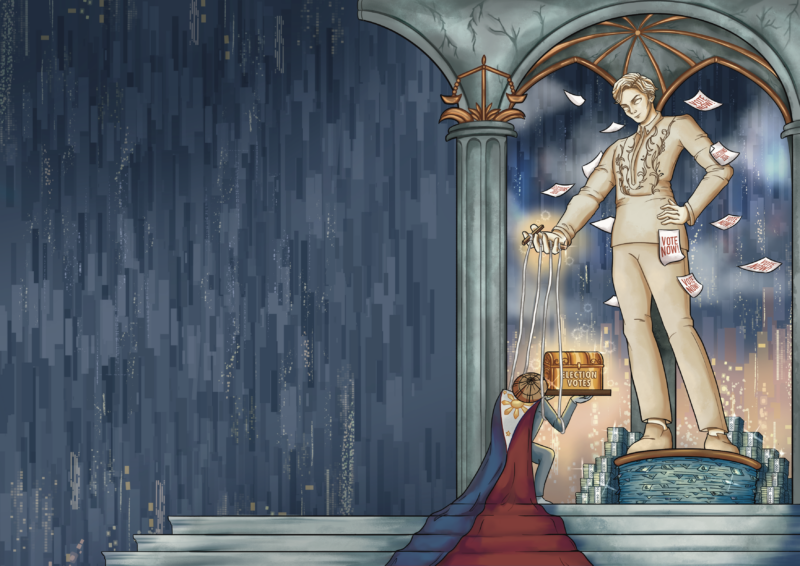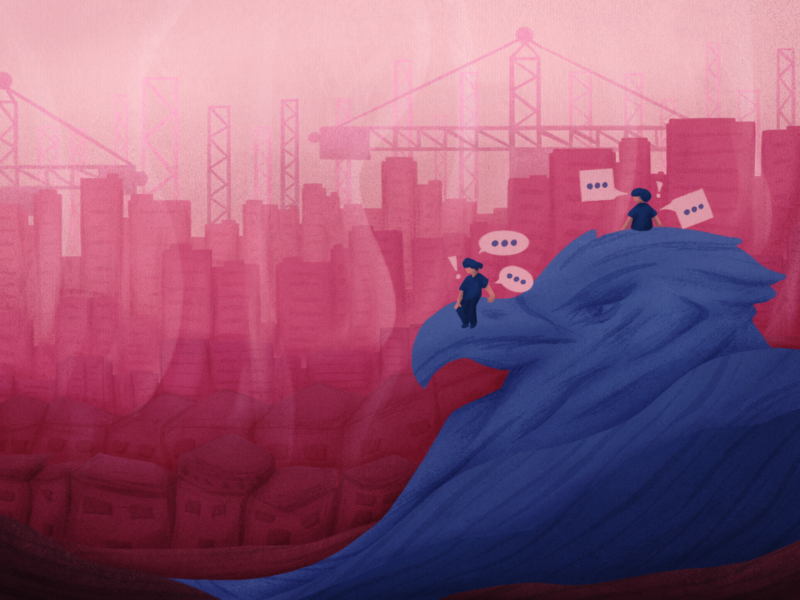It can be said that the race for the mayoral seat in Manila was the most heated in recent years. But the political mudslinging and allegations of vote buying were not ills specific to the city; the decay of the once glorified capital is symptomatic of the problems that can be seen throughout the country.
The battle for the mayoral seat was waged between two formidable names: Former president Joseph Estrada and the entrenched incumbent Alfredo Lim. Neither has a great track record when it comes to good governance. Estrada was convicted of plunder in 2007 and Lim was accused of Human Rights violations in 2008.
It is worth noting that Estrada was mayor of San Juan for 15 years, and only in preparation for his 2013 mayoral bid did he move to Sta. Mesa, Manila. However, it did not come as a shock that the former president won, given that he almost won the presidency again in the 2010 elections.
It is not so easy to fault the voting population of Manila, though. This phenomenon of choosing the lesser evil in Philippine elections is nothing new. The thought process when it comes to voting usually follows along the lines of, “Who will do the least damage?” rather than, “Who can better my state of life?”
This issue is further exacerbated in the political arenas far from Metro Manila. It is interesting to note that some of the highest voter turnouts were in the Autonomous Region in Muslim Mindanao. It was also interesting to find out that a significant percentage of candidates were from a family with an infamous track record: The Ampatuans.
It seems like each and every election has the usual candidates with last names Filipinos have grown accustomed to. How strange it is that our collective memory is selective; 16 members of the Ampatuan family were re-elected or elected into various local government positions. The Marcoses who were once so deplored now hold prominent positions in the government. Gringo Honasan and Antonio Trillianes IV, who were once rebels, have maintained their seats in the Senate.The question that is often raised after an election is: What now? But as each and every election brings about the same recurring results, it seems that all Filipinos are left with is hope. That is the easy way out.
It is high time that we stopped hoping. And while it is easier said than done, we must stay vigilant and guard our votes past the polls. We must watch them for the three years in between.
There has to be an understanding that a democracy is not made with the purpose of just benefiting the strong. A democracy encourages its citizens to become politically active, not only through the votes democratic elections receive, but also through the participation of multiple candidates that vie for the job.
As was seen in the congressional elections of Oriental Mindoro, a former taxi driver like Salvador Leachon can beat a member of the Valencia family that has held power for 30 years. Leachon’s victory helps prove to political aspirants that challenging and winning against incumbents is not an impossible feat. Only through this change in mentality will we be able to get away from the past.






